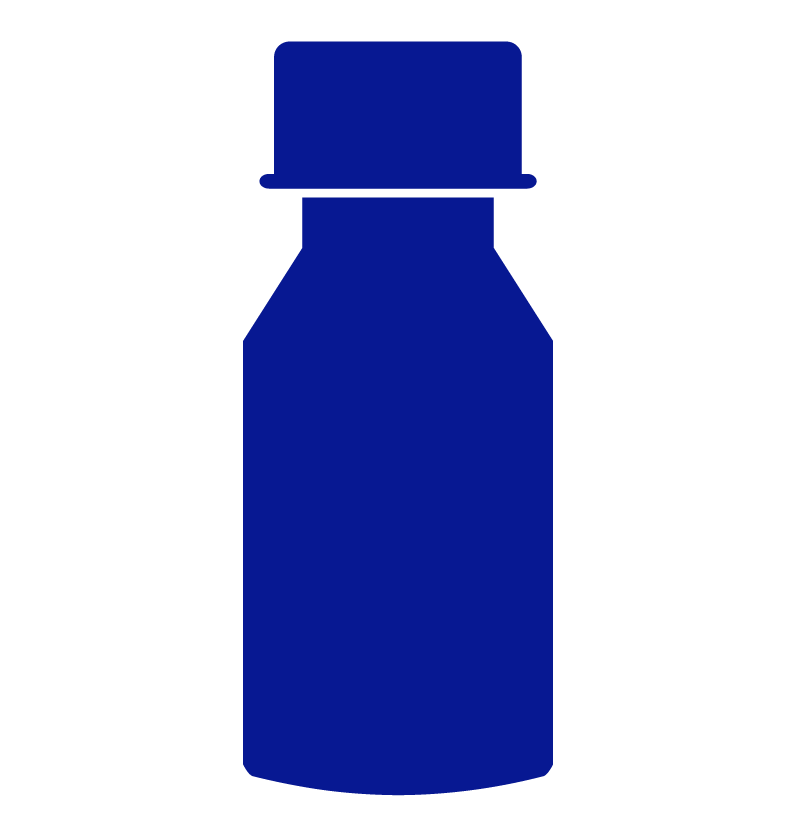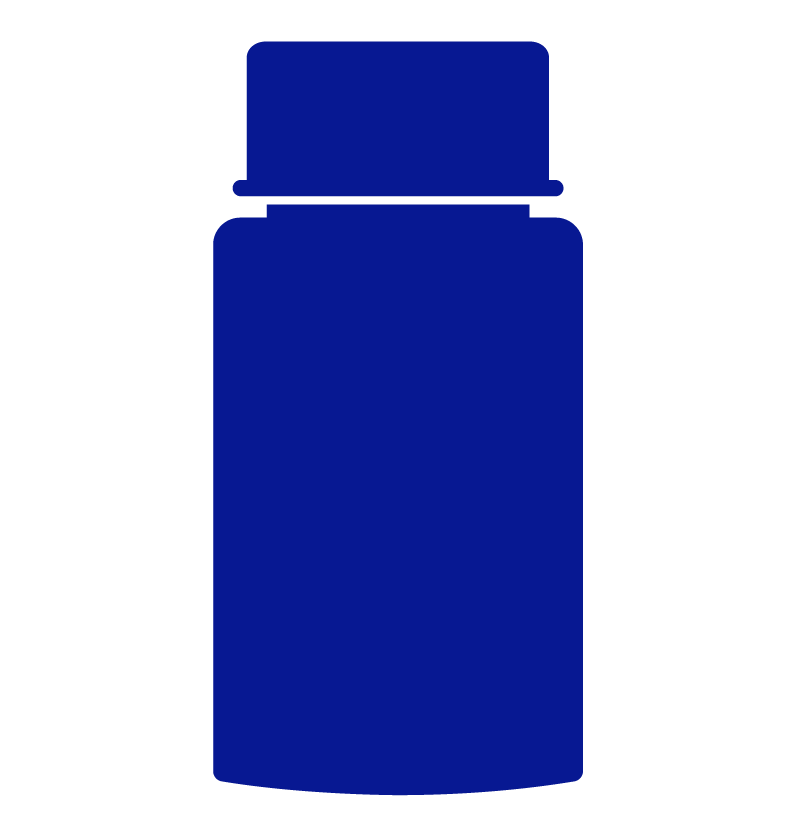Previous Article
CBD as a Harm Reduction Strategy for People Who Use Drugs
In recent years, there has been a growing interest in exploring approaches to harm reduction strategies for individuals who use drugs. One avenue to explore is the potential use of cannabidiol (CBD) as a harm reduction tool. A new rapid review study titled “Cannabidiol as a Harm Reduction Strategy for People Who Use Drugs” provides invaluable insights into the effectiveness and potential benefits of CBD in this context.
Understanding CBD and its Potential Benefits
CBD is a non-intoxicating compound found in the cannabis plant. Unlike THC, CBD does not produce a “high” effect commonly associated with cannabis use. Over the years, CBD has gained attention for its potential therapeutic properties, including anti-inflammatory, analgesic, and anxiolytic effects. These properties make CBD a promising candidate for exploring harm reduction strategies.
Key Findings of the Study
• Reduction in Substance Use:
The rapid review study highlighted that CBD may play a role in reducing the use of certain substances, such as opioids and stimulants. Pre-clinical evidence suggests that CBD could potentially alleviate withdrawal symptoms and cravings, making it a viable harm reduction tool for individuals looking to reduce or quit substance use.
• Anxiety and Mental Health Benefits:
Anxiety and mental health issues often co-occur with substance use disorders. The review study suggests that CBD may have anxiolytic properties, potentially reducing anxiety symptoms commonly associated during substance withdrawal or recovery. Additionally, CBD’s potential anti-inflammatory properties may contribute to improving co-occurring chronic pain and mental health outcomes for individuals struggling with substance use.
• Safety Profile:
CBD has favourable safety profile, with minimal side effects. Unlike opioids or other substances commonly used for harm reduction and pain management, CBD is not associated with the risk of respiratory depression or overdose. This safety profile makes it an attractive adjunct to the standard of care.
While this rapid review study provides valuable insights into the potential benefits of CBD, it is important to note that further research is needed to fully understand its effectiveness and long-term effects. CBD should not be considered a panacea for substance use disorders, but rather as a complementary tool in a comprehensive harm reduction approach. Lastly, it is essential to approach its use within the context of evidence-based practices under the guidance of healthcare professionals.
References:
Lo, L. A., MacCallum, C. A., Nanson, K., Koehn, M., Mitchell, I., et al. (2023). Cannabidiol as a harm reduction strategy for people who use drugs: a rapid review. The Canadian Journal of Psychiatry: https://doi.org/10.1177/07067437231183525
Next Article
CBD's Promising Therapeutic Properties
On August 8th, we come together to celebrate National CBD Day, a day dedicated to recognizing the potential benefits of cannabidiol (CBD) and its contribution to health and wellness. CBD, a non-intoxicating compound derived from the cannabis plant, has gained significant attention in recent years for its promising therapeutic properties. Let's explore the world of CBD as we celebrate this special day, explore its potential benefits, and learn why it has turned into a ray of hope for people looking for alternative health options.
View All CBD Products
Understanding CBD
Cannabidiol, or CBD, is one of the many cannabinoids found in the cannabis plant. Unlike its partner tetrahydrocannabinol (THC), CBD does not produce an intoxicating effect, meaning it does not induce a “high”.
The Potential Benefits of CBD
Stress relief: In our fast-paced world, stress has become an inevitable part of life. CBD has shown promise in alleviating stress and anxiety, promoting a sense of calm and relaxation without the adverse effects associated with certain pharmaceutical options.
Pain management: For individuals suffering from chronic pain conditions, CBD may provide an alternative. Studies suggest that CBD’s anti-inflammatory properties can help reduce pain and discomfort associated with various ailments.
Mental health support: CBD’s potential anxiolytic properties can be beneficial for individuals dealing with anxiety disorders and other mental health challenges.
Support for brain health: Emerging research suggests that CBD may have neuroprotective properties, making it a subject of interest in studies related to neurodegenerative diseases such as dementia.
National CBD Day provides us with an opportunity to celebrate the potential benefits of CBD and its contribution to health and research. As we embrace this day, let us continue to educate ourselves and others about the responsible use of CBD. Remember, while CBD holds promise as a health and wellness tool, it is essential to conduct thorough research, seek guidance from healthcare professionals, and use products from reputable sources. Happy National CBD Day!
References
Aychman, M. M., Goldman, D. L., & Kaplan, J. S. (2023). Cannabidiol’s neuroprotective properties and potential treatment of traumatic brain injuries. Frontiers in Neurology, 14. Retrieved from https://www.frontiersin.org/articles/10.3389/fneur.2023.1087011/full
Bell, A. D., MacCallum, C. A., Margolese, S., Walsh, Z., Wright, P., Daeninck, P. J., Mandarino, E., Lacasse, G., Jagpaul Kaur Deol, Lauren de Freitas, Michelle St Pierre, Belle-Isle, L., Gagnon, M., Bevan, S., Sanchez, T., Arlt, S., Monahan-Ellison, M., O’Hara, J., Boivin, M., & Costiniuk, C. T. (2023). Clinical Practice Guidelines for Cannabis and Cannabinoid-Based Medicines in the Management of Chronic Pain and Co-Occurring Conditions. https://doi.org/10.1089/can.2021.0156
Scuderi, C., Steardo, L., & Esposito, G. (2013). Cannabidiol Promotes Amyloid Precursor Protein Ubiquitination and Reduction of Beta Amyloid Expression in SHSY5YAPP+Cells Through PPARγ Involvement. Phytotherapy Research, 28(7), 1007–1013. https://doi.org/10.1002/ptr.5095
Zuardi AW, Rodrigues NP, Silva AL, Bernardo SA, Hallak JEC, Guimarães FS, et al. . Inverted U-shaped dose-response curve of the anxiolytic effect of cannabidiol during public speaking in real life. Front Pharmacol. (2017) 8:259. 10.3389/fphar.2017.00259





